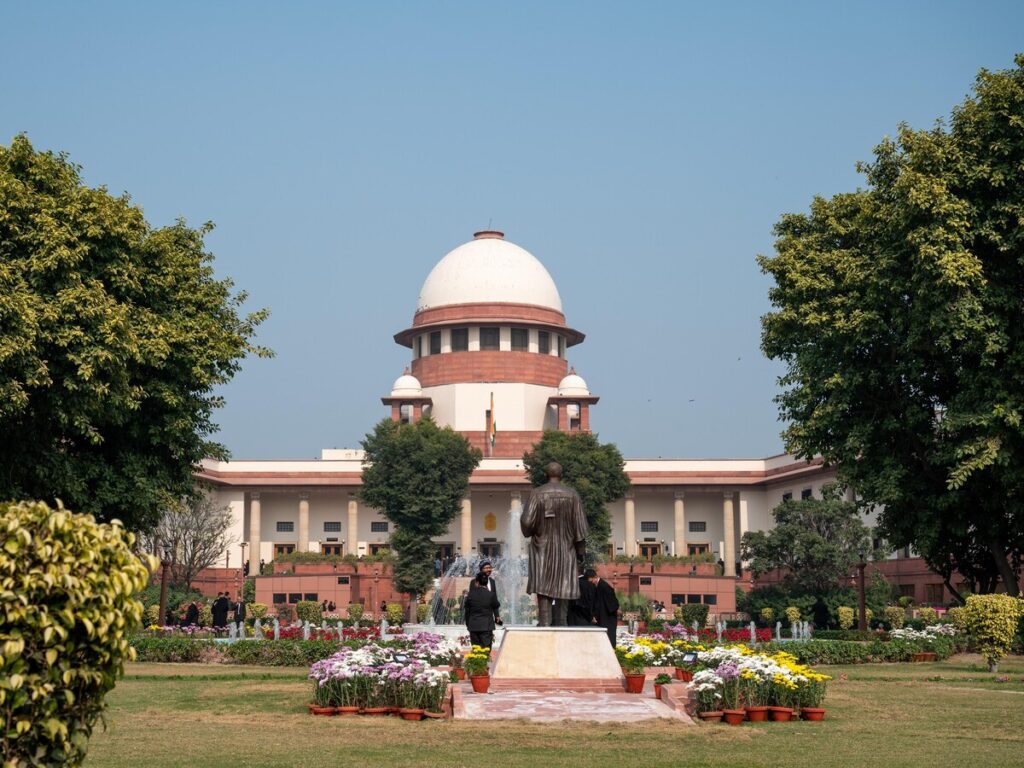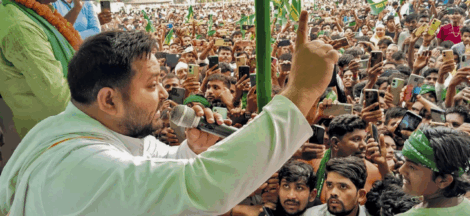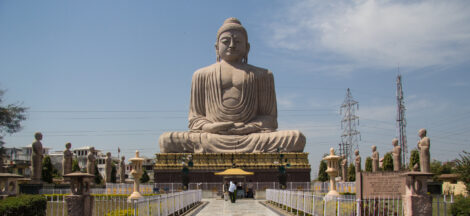Chief Justice of India -designate Bhushan Ramkrishna Gavai, set to take the oath as the 52nd CJI on May 14, emphasised the Supreme Court’s responsibility in addressing national issues, particularly in times of crisis. In a powerful statement following the April 22 Pahalgam terror attack in Jammu and Kashmir, Gavai underscored that the judiciary cannot stand apart when the nation faces threats.
Gavai’s comments highlight his commitment to ensuring the judiciary plays a proactive role in safeguarding the country, a sentiment that resonates amidst growing concerns over national security. The Pahalgam attack, which resulted in the deaths of several security personnel, has heightened tensions in the region and renewed calls for swift judicial responses to terror-related cases.
Gavai’s remarks reflect an awareness of the broader role the judiciary holds, especially during crises that challenge the fabric of the nation. With national security becoming an ever-present concern, the Supreme Court’s involvement in such matters is seen as crucial in delivering justice and ensuring accountability. His perspective on the matter comes at a time when India’s security forces face increasing challenges in dealing with terrorism and insurgency.
The 52nd Chief Justice is expected to carry forward the legacy of judicial responsibility in addressing cases of national importance. His statement reinforces the idea that the judiciary, as an integral part of the Indian democratic system, is not detached from the concerns that affect the citizens it serves. Gavai’s words also touch on the delicate balance between judicial independence and national security, where the former must remain uncompromised even as the nation navigates complex security challenges.
Legal experts have lauded Gavai’s approach, asserting that his leadership will foster a more engaged and responsive judiciary. Historically, the Indian Supreme Court has played a pivotal role in shaping the nation’s response to critical issues, and his tenure is anticipated to continue this tradition. His remarks come amid mounting pressure on law enforcement agencies to combat terrorism more effectively, with many urging a more robust legal framework to deter future attacks.
The Pahalgam attack, which targeted a security convoy in the sensitive region of Jammu and Kashmir, serves as a grim reminder of the persistent threat posed by insurgent and terrorist groups. The incident has reignited debates on the need for enhanced judicial intervention in matters of national security. Legal scholars suggest that a balance must be struck between maintaining a fair trial process and addressing security concerns that require swift judicial action.
While the judiciary remains primarily a body for interpreting the law, Gavai’s statement indicates his understanding of the need for judicial cooperation in matters of national urgency. Critics, however, warn against any overreach that could potentially infringe on civil liberties and the core principles of justice. As India grapples with issues surrounding terrorism, insurgency, and regional security, the judiciary’s role in shaping the nation’s legal and political responses will be critical.
The Pahalgam attack, carried out by militants, marked a significant escalation in violence in the region. Security forces were ambushed while travelling along the strategic Pahalgam route, resulting in the deaths of soldiers and injuries to several others. The attack has been condemned by leaders across the political spectrum, with a focus on enhancing security measures in the region. In the wake of such incidents, the Supreme Court’s involvement in overseeing investigations and ensuring justice has become an area of increasing scrutiny.
As Gavai prepares to take on the highest judicial office, there is a sense of anticipation surrounding his approach to national security matters. His statement suggests an intent to collaborate with other branches of government, particularly the executive, in the fight against terrorism and ensuring justice for victims. While the judiciary must maintain its independence, Gavai’s emphasis on a united national front in the face of adversity reflects his approach to leading a responsive and responsible judiciary.
His leadership is poised to be tested on a variety of fronts, including judicial reforms, human rights issues, and the treatment of sensitive cases involving national security. The Pahalgam attack, while highlighting the need for vigilance in dealing with terrorism, also serves as a reminder of the complex legal terrain the judiciary must navigate when balancing national interests with individual rights.




 India’s Satellite and Drone Technology Crucial for National Security
India’s Satellite and Drone Technology Crucial for National Security 